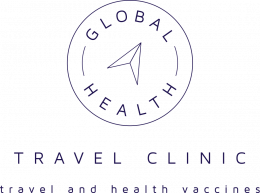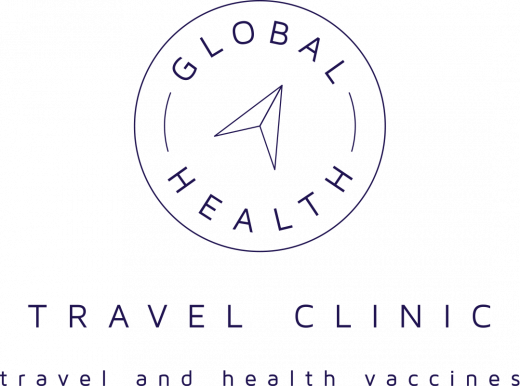Public Health England is issuing advice to people travelling to Egypt after a number of people, including children, have returned with a serious illness caused by E. coli infection.
- coli can cause an unpleasant diarrhoeal illness with stomach cramps and occasionally fever. Most people will recover without the need for medical treatment, but younger and older people may go on to develop complications of the infection, leading to kidney failure. This rare condition is called haemolytic uraemic syndrome (HUS), which in very rare circumstances can be fatal.
- coli is caught through ingesting contaminated food or water.
- Where possible, avoid eating salads and uncooked vegetables
- only eat fruit they can peel
- avoid unpasteurised milk, cheese and ice cream
- avoid food that has been left uncovered in warm environments and exposed to flies
- ensure all meat is cooked thoroughly before you eat it, avoiding any meat that is pink or cold
- avoid ice, unless made with filtered or bottled water, and tap water, even when brushing teeth
- only drink bottled water or use ice made from bottled/filtered water
- wash your hands thoroughly after visiting the toilet, and always before preparing or eating food. Alcohol gel can be helpful (but not entirely effective) when hand washing facilities are not available
- when swimming, try and avoid swallowing water where possible and supervise children when swimming.
- don’t swim whilst ill
This advice also applies to other countries where E. coli infections are common, including Turkey and Spain.
Anyone suffering from diarrhoea and vomiting should ensure they keep well hydrated and seek medical advice if their symptoms don’t improve within 48 hours. They should also avoid preparing or serving food while they have symptoms and thoroughly wash their hands after using the toilet to stop the bug being passed to others. Individuals with symptoms after returning from holiday should seek medical advice from their GP or NHS 111.

